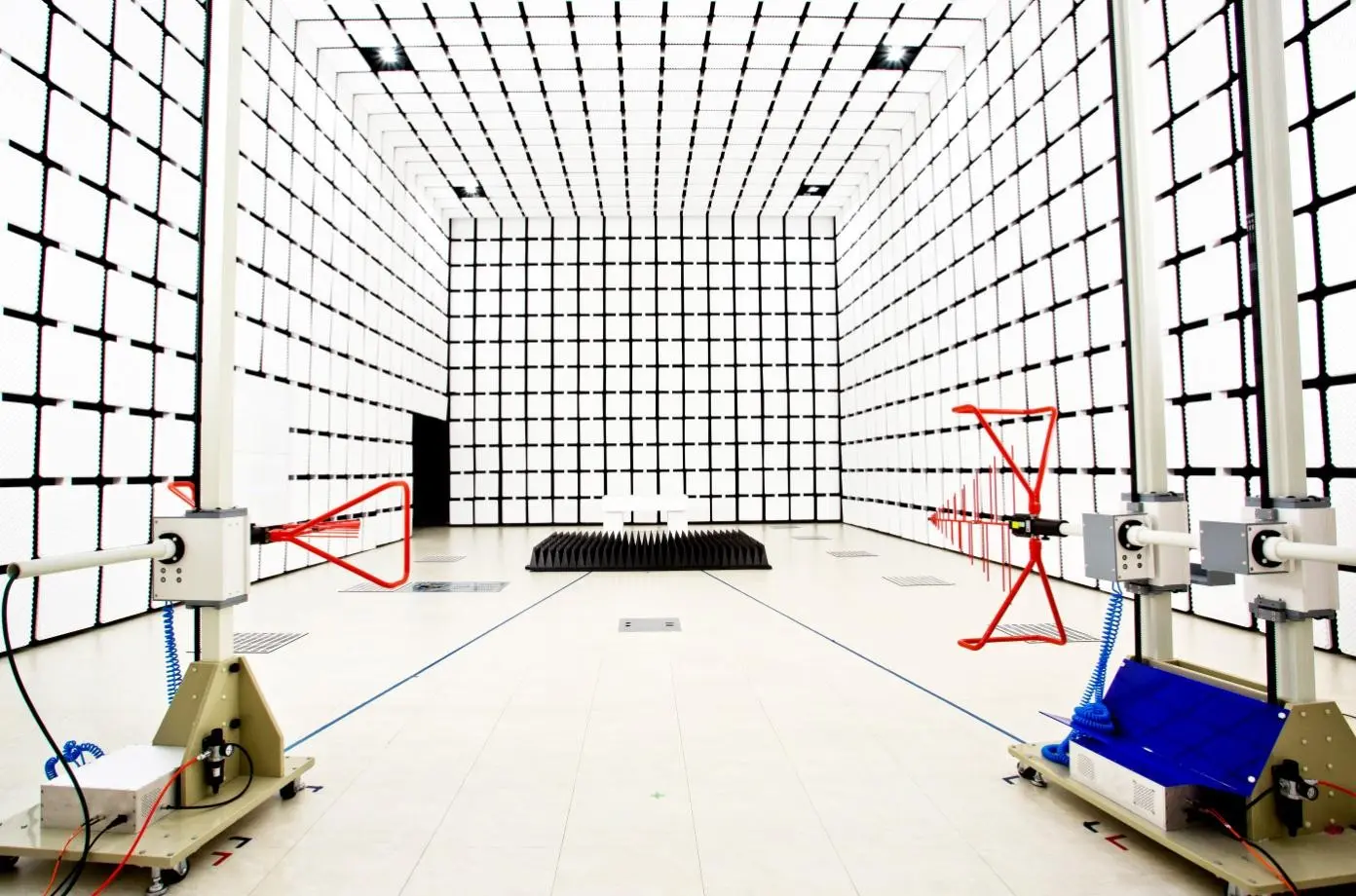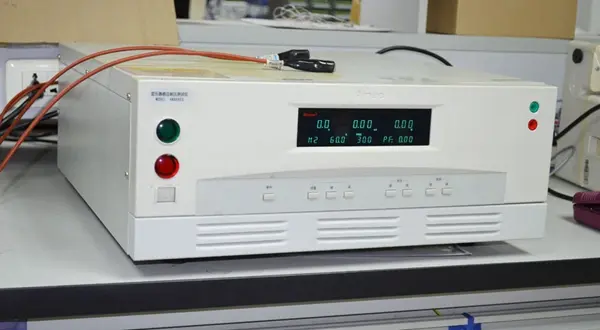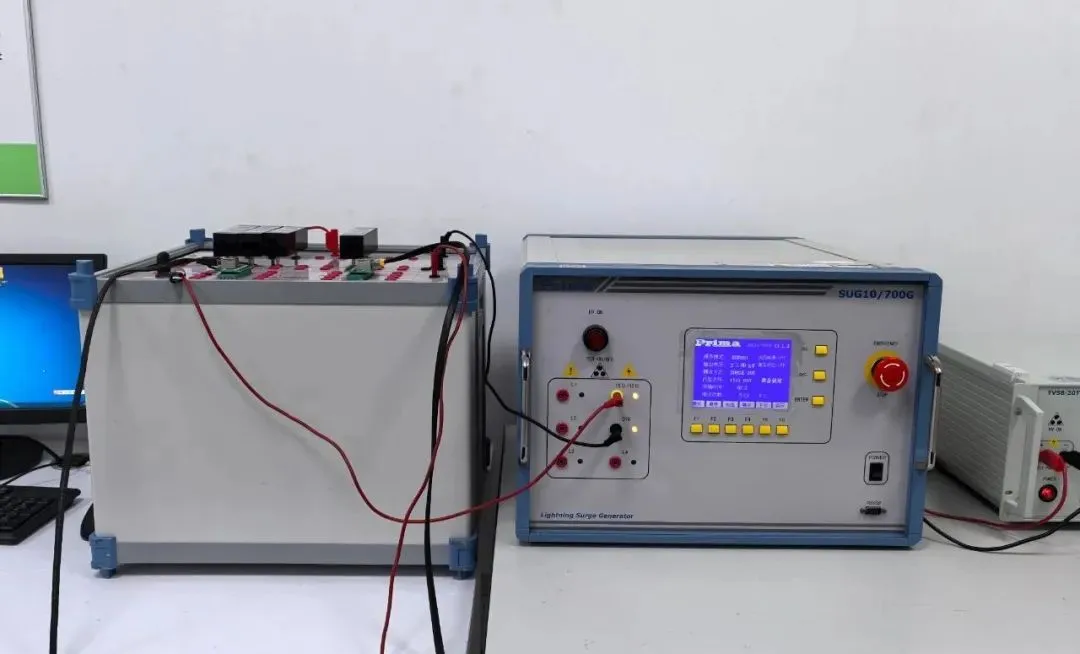
How to Obtain CE Certification for Adapters
Adapters are devices that convert one power voltage to another, commonly used for connecting electrical equipment across different countries or regions. With globalization, adapters play a crucial role in international trade. However, variations in power voltage and plug standards between countries necessitate compliance with relevant safety standards for market entry. CE certification, as a critical requirement for access to the European market, enforces stringent safety standards for adapters. This article explains the knowledge you need about CE certification for adapters.

What is CE Certification for Adapters?
CE certification for adapters refers to the process where adapters are tested and evaluated to meet European standards, earning the CE mark. It is a mandatory requirement for entering the European market, signifying compliance with EU safety, health, and environmental regULations.
Which Directives and Standards Apply to CE Certification for Adapters?
Exporting adapters to the EU requires CE certification, which mainly involves the following directives and standards:
1. lvd directive (low voltage directive):
Applicable to electrical equipment with AC voltages between 50V and 1000V or DC voltages between 75V and 1500V, ensuring electrical safety.
2. EMC Directive (Electromagnetic Compatibility Directive):
Applicable to all electrical equipment, ensuring products do not cause electromagnetic interference to their surroundings and can resist external electromagnetic interference.
3. RoHS Directive (Restriction of Hazardous Substances Directive):
Restricts the use of hazardous substances such as lead, mercury, and cadmium in electrical and electronic equipment to protect the environment and human health.
Standards for CE Certification Testing:
- LVD Directive: en 60950-1 (Safety of Information Technology Equipment)
- EMC Directive: EN 55022 (Electromagnetic Compatibility for IT Equipment) and en 55024 (Immunity to Electromagnetic Disturbance for IT Equipment)
- RoHS Directive: EN 62321 (Methods for Analyzing Restricted Substances in Electrical and Electronic Equipment)
How to Obtain CE Certification for Adapters?
The ce certification process for adapters involves the following steps:
1. Research and Planning:
Identify applicable directives and standards, and select a suitable certification body based on product characteristics.
2. Design and Development:
Ensure product design complies with relevant standards and directives.
3. Testing and Validation:
Submit samples to the certification body for testing to confirm compliance with LVD, EMC, and RoHS directives.
4. Documentation Preparation:
Prepare technical documents, test reports, EU Declaration of Conformity, and other necessary files.
5. Third-Party Certification:
Undergo review and certification by the certification body to obtain the ce certificate.
6. Labeling and Market Entry:
Affix the CE mark on the product and follow labeling requirements.
7. Continuous Surveillance:
Maintain product compliance and periodically update self-declaration documents.
Importance of CE Certification for Adapters
CE certification helps businesses access the European market smoothly while enhancing product safety and reliability, boosting consumer confidence, and improving brand reputation. Furthermore, CE certification reduces risks of fines, recalls, and other penalties caused by non-compliance with European regulations.
Email:hello@jjrlab.com
Write your message here and send it to us
 Global Certification Guide for Lithium Batteries
Global Certification Guide for Lithium Batteries
 Compliance of Amazon 18650 Lithium Battery Product
Compliance of Amazon 18650 Lithium Battery Product
 What is CE Certification and EU Authorized Represe
What is CE Certification and EU Authorized Represe
 What Are the Lithium Battery Safety Tests?
What Are the Lithium Battery Safety Tests?
 What is the EN 61326-2-3 Standard?
What is the EN 61326-2-3 Standard?
 Why Do Smart Sockets Need IEC 60884 Certification?
Why Do Smart Sockets Need IEC 60884 Certification?
 Why Retest the Device if the 5G Module Already Has
Why Retest the Device if the 5G Module Already Has
 Overview of IEC 62087 Test Standard
Overview of IEC 62087 Test Standard
Leave us a message
24-hour online customer service at any time to respond, so that you worry!




